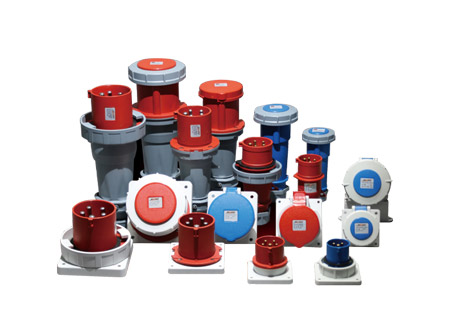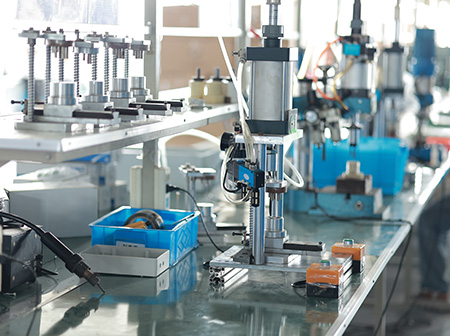In industrial settings like manufacturing plants or construction sites, reliable power connections are critical for smooth operations. Yet many people struggle with picking the right Industrial Plugs And Sockets, as the wrong choice can lead to downtime or safety risks. This article breaks down key considerations to help you make informed decisions, based on practical industry needs and product characteristics.
The first step in choosing Industrial Plugs And Sockets is ensuring their current rating aligns with your equipment. Different industrial devices have varying power demands: small tools like handheld drills often work with lower ratings around 16A, while heavy machinery such as production line motors may require higher ratings up to 125A or more. Using a plug or socket with an incompatible current rating can cause overheating, damage to equipment, or even electrical hazards. Always check your equipment’s power specifications first, then select Industrial Plugs And Sockets that match that range.

Industrial environments vary widely—some are dry and clean, like indoor manufacturing facilities, while others are exposed to moisture, dust, or harsh weather, like outdoor construction sites or maritime docks. The right Industrial Plugs And Sockets should have protection features tailored to these conditions. For example, if you work in a damp area such as a water treatment plant, look for designs that resist moisture buildup. In dusty factories, choose options that prevent debris from entering the connection point. These protection features help extend the lifespan of the plugs and sockets and reduce the risk of electrical failures.
Different industries have unique requirements that Industrial Plugs And Sockets should meet. For instance:
Manufacturing: Frequent plugging and unplugging means you need durable, wear-resistant designs that can handle repeated use.
Construction: Portable equipment requires lightweight yet sturdy plugs and sockets that can withstand rough handling on job sites.
Energy sector: Equipment like generators or solar panels needs plugs and sockets that maintain stable connections even under fluctuating power loads.
Maritime: Saltwater and humidity demand corrosion-resistant materials to avoid rust or connection issues.
Selecting industry-adapted options ensures the Industrial Plugs And Sockets perform reliably in your day-to-day operations.
Choosing the right Industrial Plugs And Sockets isn’t just about finding a “working” connection—it’s about matching the product to your equipment, environment, and industry needs. By focusing on current alignment, environment-specific protection, and industry adaptability, you can avoid common issues and keep your operations running safely.
If you’re looking for Industrial Plugs And Sockets that meet these practical requirements—with options suited for manufacturing, construction, energy, and maritime use—you can explore detailed specifications and available models on Selhot’s product page, where you’ll find solutions designed to fit real industrial needs.

